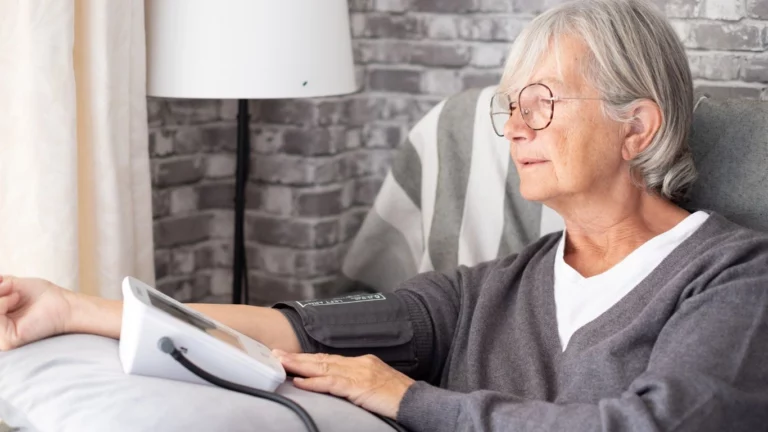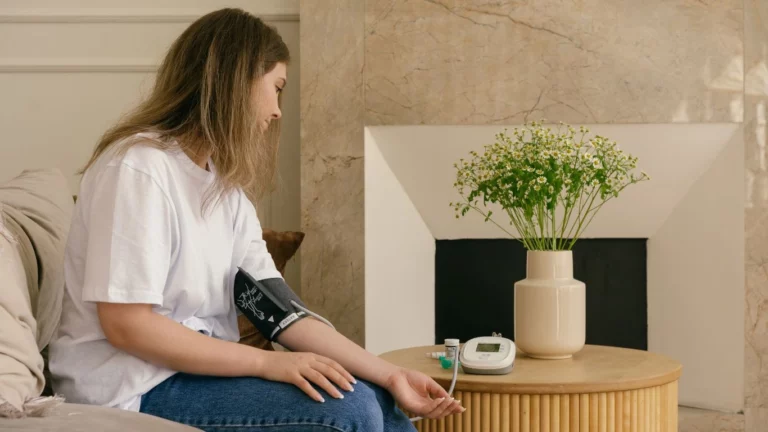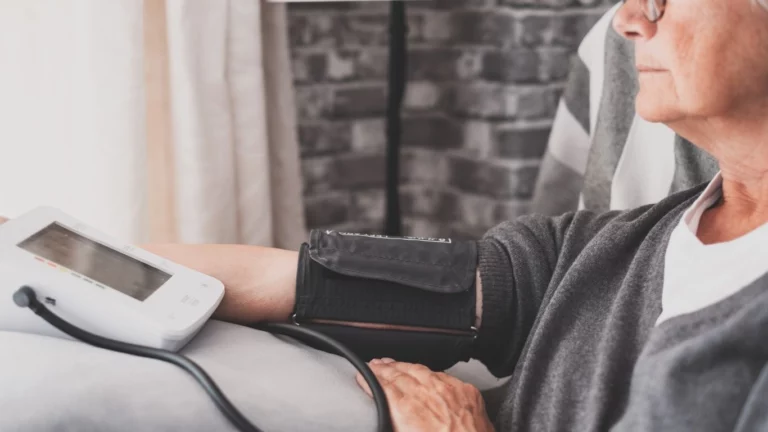Rheumatoid Arthritis and Emotional Well-being: A Powerful Guide to Coping
Living with rheumatoid arthritis and emotional well-being often feels like juggling fire and water at the same time—tough enough on their own, but nearly impossible together. As a Rheumatology Nurse Practitioner, I’ve had countless heart-to-hearts with patients who walk into the clinic worn down not just by joint pain but by something harder to talk about: the emotional toll. The truth? RA doesn’t just attack your joints—it creeps into your mental space, messes with your routines, and often leaves people feeling misunderstood, isolated, and exhausted in ways that don’t show up on a lab panel.
The Invisible Weight: How RA Impacts Mental and Emotional Health

It’s More Than Just Pain
Most people think RA is just about swollen joints and stiffness in the morning, but let me tell you—it’s so much more layered than that. I can’t count the number of times I’ve had patients tell me they feel like they’re “losing themselves.” The fatigue is real. The brain fog is relentless. And the grief that comes with slowly letting go of who you used to be? That’s a heartbreak no medication label warns you about.
There’s this emotional fatigue that sneaks in—especially on days when even brushing your hair feels like a task. Add to that the stress of managing meds, insurance battles, and canceling plans (again), and it’s no wonder anxiety and depression are so common in RA warriors.
What the Research Says (And What We See Every Day)
Studies show that people with RA are twice as likely to experience depression compared to those without it. But honestly, you don’t need a journal article to know that. If you’ve been in a rheumatology clinic long enough, you can see it in people’s faces, in the way they describe their days. We feel it in the silence that follows when I ask, “How are you really doing?”
In my experience, patients who feel emotionally supported tend to navigate the ups and downs of their condition more smoothly. It’s not about curing the pain, but about not letting the pain define every part of your life.
Triggers You Didn’t See Coming
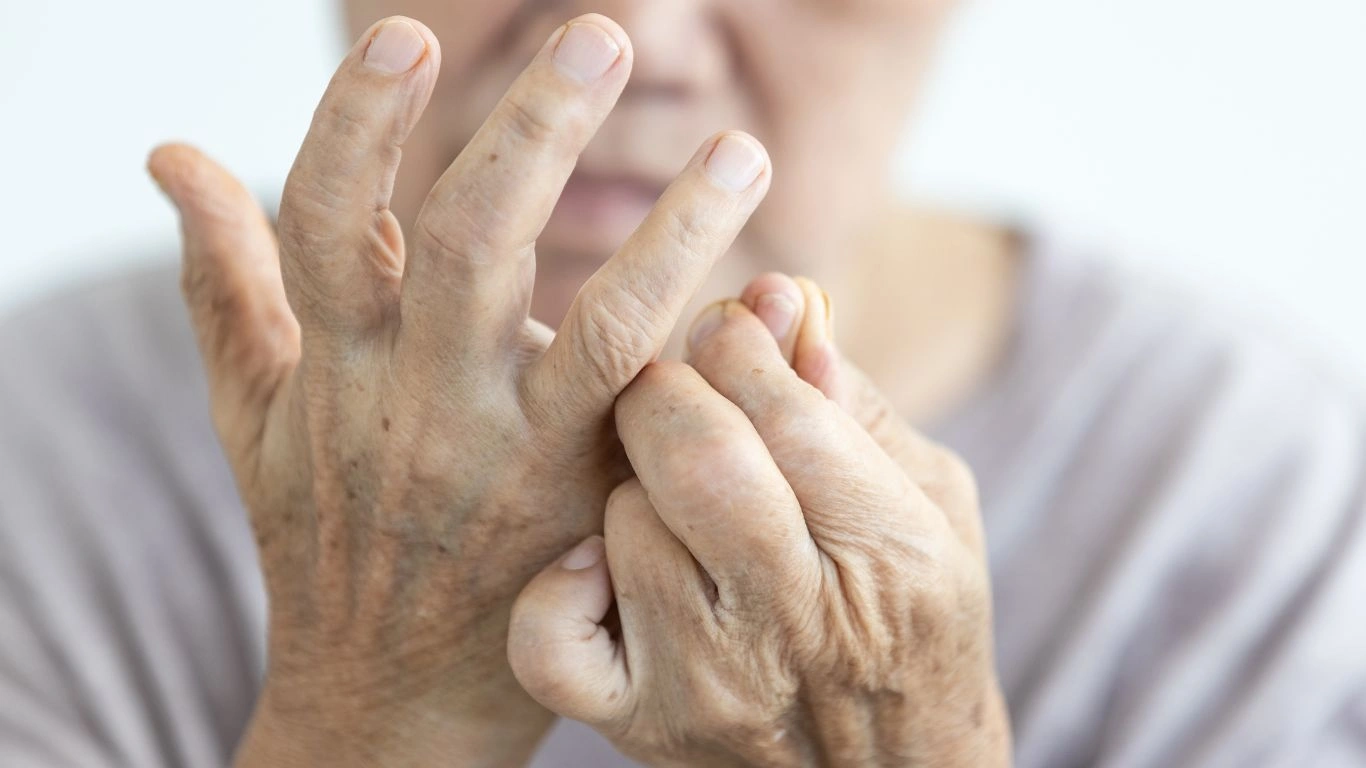
RA Isn’t Just a Physical Diagnosis
One of the hardest things about this disease is how unpredictable it is. One day you’re walking the dog, and the next, your knees feel like they’ve been replaced with rusted hinges. That constant uncertainty takes a toll. It’s like your body betrays you at random—and that breeds stress, fear, even guilt.
Some triggers I’ve noticed in my own patients that hit the emotional side hard:
- Feeling like a burden to loved ones
- Missing out on important life events
- Not being taken seriously by others because “you look fine”
- The constant cycle of flare-ups and remission—like a never-ending loop
The Social Disconnect is Real
And let’s talk about friendships for a second. RA can be hella isolating. Friends who don’t get it might stop inviting you out. Or you cancel so often that eventually… the invites stop coming. It’s not personal, but it feels personal. That disconnection? It feeds emotional distress like fuel to a fire.
Where Empathy and Advocacy Make All the Difference
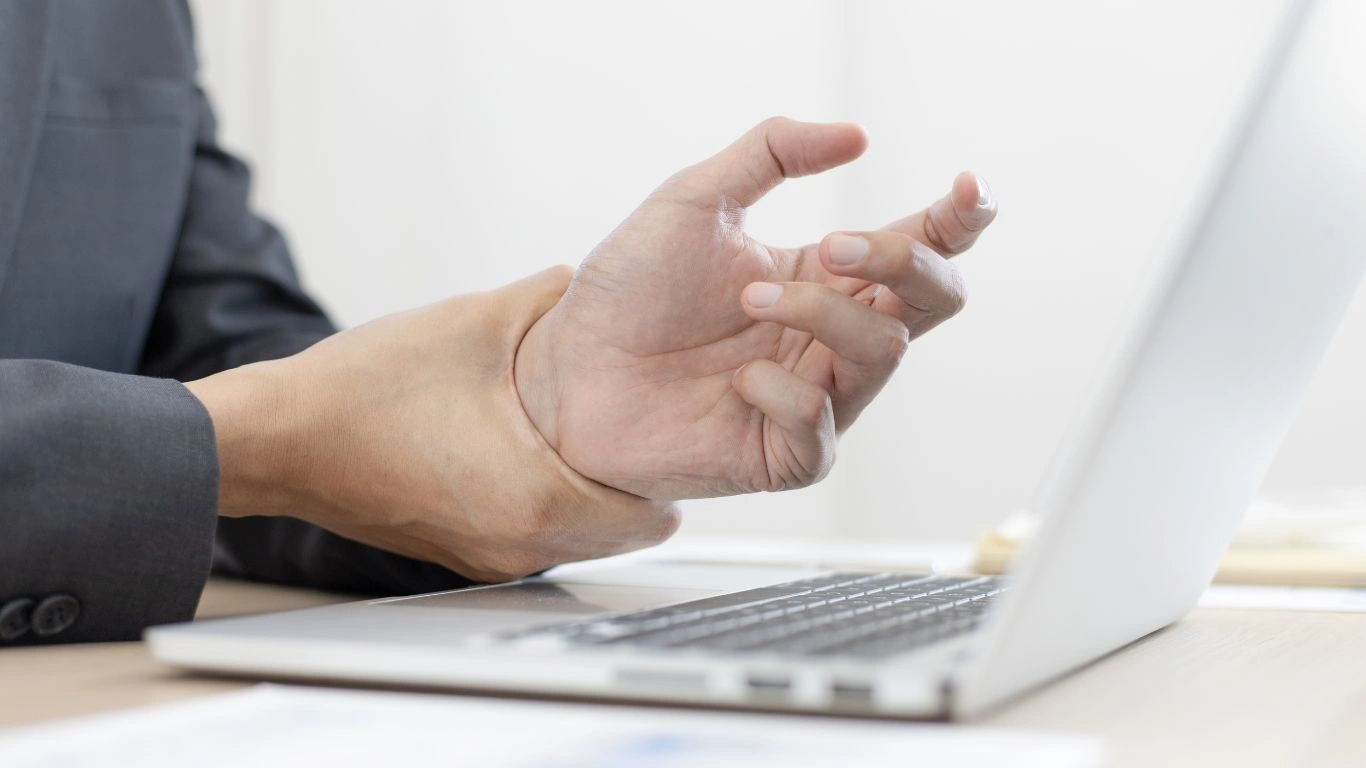
We Need to Talk About Emotional Well-being in Every Visit
I’ve made it a habit during my patient visits to ask not just about pain levels and mobility, but about sleep, mood, and stress. Sometimes I get surprised looks, like, “Wait—you care about that part too?” And my answer is always the same: Of course I do. Because I know that even the best biologic on the market won’t do a thing for someone who feels hopeless, disconnected, or overwhelmed.
Integrating mental health into RA management isn’t just best practice—it’s essential. Whether that’s connecting patients with a therapist, encouraging journaling, or simply giving them space to vent without judgment, that emotional piece of the puzzle deserves a front-row seat.
Support Systems Matter More Than You Think
One of my favorite moments as an NP was when a patient told me, “You made me feel seen.” That stuck with me. We can’t fix every ache or prevent every flare, but showing up with empathy? That’s powerful medicine. Community—whether it’s a support group, a kind partner, or even an online space—isn’t just comforting. It’s healing.
Daily Routines That Support Emotional Balance

It’s the Little Things (That Actually Add Up)
One of the most underrated parts of managing rheumatoid arthritis and emotional well-being is creating structure when your body doesn’t feel predictable. I often tell my patients: even when the pain decides to be chaotic, you don’t have to be. Little routines—morning stretches, a warm cup of tea, a 10-minute walk (or just stepping outside for fresh air)—they all help re-anchor your day. And I know this isn’t always easy, especially during a flare, but trust me, even something small makes a dent.
I remember a patient of mine, Sarah, who started each day just lighting a candle and doing 3 minutes of breathwork before anything else. Sounds simple, right? But for her, it became a mental reset button. That tiny act gave her back a bit of control, a moment to say, “Okay, I’m still here. Still trying. Still me.”
Move, Even When You Don’t Want To
Now let me say this clearly: I don’t mean push through the pain like some kind of hero workout. Nope. That’s not it. But gentle movement—even just some chair yoga or range-of-motion exercises—can help boost mood, ease stiffness, and improve sleep. The emotional lift from moving your body (even a little) is real. It’s about connecting with your body, not battling it.
- Stretching or light yoga 2–3x/week
- Walking for 5–10 minutes at a time
- Using heat or cold therapy before/after activity
And don’t forget to celebrate the wins. Even the tiniest ones. Got dressed without tears today? That’s a victory. Took a shower and didn’t cancel your plans? Go you. These moments matter.
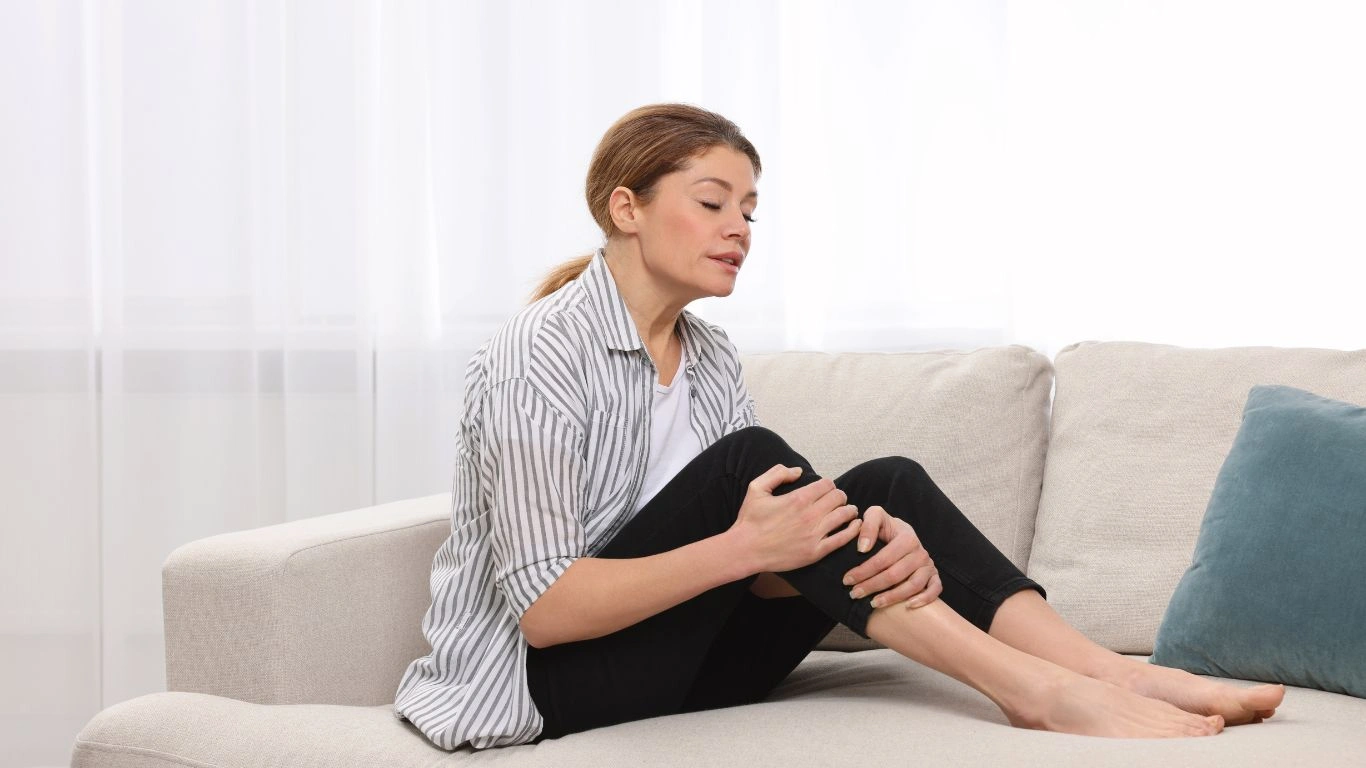
How to Explain RA Without Overexplaining Yourself
Let’s face it—RA isn’t the easiest thing to explain, especially when people think arthritis just means “grandma’s sore knees.” Sometimes I coach patients on how to talk to friends, family, even coworkers about what living with RA really looks like. You don’t have to get technical. Just honest. Something like:
“I deal with a type of autoimmune arthritis that causes a lot of fatigue and pain, even on days when I don’t look sick. I’m doing my best, but sometimes I’ll need to cancel or slow down. I appreciate your understanding more than you know.”
Setting boundaries isn’t rude—it’s respectful. It shows you know your limits and care enough to advocate for them. And the people who get it? Those are your people.
Friendships Might Shift, But They Can Still Thrive
RA can change your social life—there’s no sugarcoating that. But it doesn’t have to ruin it. In fact, some of the most beautiful friendships I’ve witnessed between patients and their circle came after honest, raw conversations. Vulnerability tends to deepen connection, not weaken it.
Also, shoutout to the unsung heroes: the partners and best friends who learn how to open jars, help with meds, and just be there during the rough days. Their presence? Gold.
The Role of Mental Health Providers in Your RA Journey
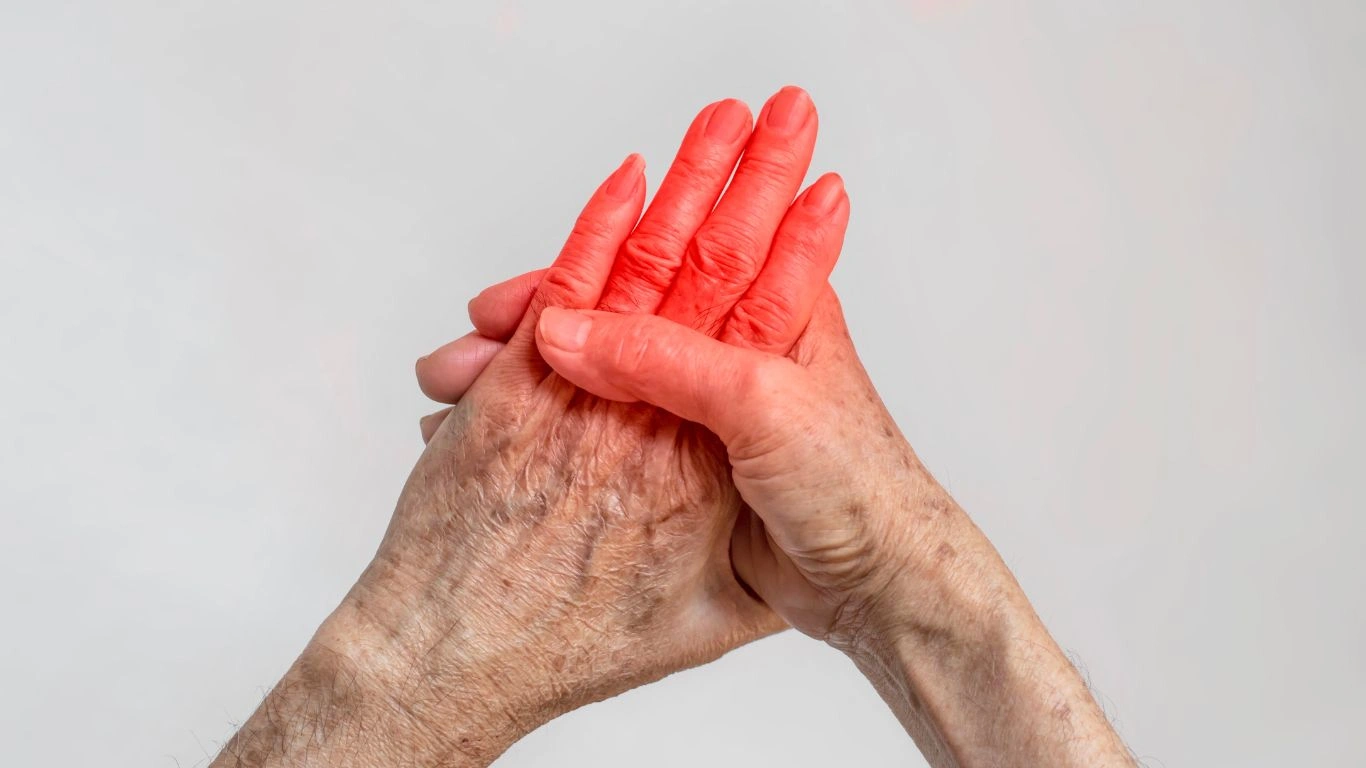
It’s Okay to Ask for More Help—It Doesn’t Make You Weak
There’s a stigma around mental health that still lingers, and it honestly breaks my heart. I’ve had patients whisper to me that they’re seeing a therapist like it’s something to be ashamed of. Let me be clear: there’s strength in seeking support. Whether it’s a licensed therapist, a support group, or a counselor who understands chronic illness—you deserve that space.
Some signs it might be time to loop in a mental health provider:
- You’re feeling persistently sad, anxious, or emotionally numb
- You’re withdrawing from people or things you love
- Sleep and appetite are way off
- You’re feeling hopeless or like you’re “too much” to deal with
Getting help doesn’t mean you’re not coping. It means you’re wise enough to build your team. And trust me, RA is not a one-person job.
Working Together as a Care Team
As a Rheumatology NP, one of my biggest priorities is collaboration. I’ve had some of the most effective care plans happen when we team up with psychologists, pain specialists, physical therapists—you name it. You shouldn’t have to choose between treating your joints or your heart (emotionally speaking). We should always be doing both.
It’s all connected. The brain and the body? They talk constantly. And when we start listening to that conversation, we get better at helping people feel whole again—not just patched up.
Why Self-Compassion Is a Form of Treatment Too
Drop the Guilt, Seriously
So many patients carry guilt—about needing rest, about missing events, about not being able to “push through” like they used to. And I always say: would you say the things you say to yourself to a friend? Probably not. So why say them to you?
Healing isn’t just medical—it’s emotional. And you can’t heal if you’re constantly bullying yourself. Give yourself permission to rest. To feel things. To grieve the version of life you expected and still find joy in what’s here.
Build a New Version of “Thriving”
Thriving with RA might look different than it used to. And that’s okay. Maybe it means celebrating smaller milestones. Maybe it’s redefining what a “good day” is. Or maybe it’s learning to live slower, but more intentionally.
Whatever it looks like, it’s still thriving. And you are still you—whole, worthy, and deserving of good things.
Tools and Strategies That Actually Make a Difference

It’s Not Just About Medication
If there’s one thing I’ve learned after years in rheumatology, it’s this: meds are just one piece of the puzzle. Yes, they’re important—DMARDs, biologics, NSAIDs, all have their role. But the emotional landscape of RA needs just as much attention. You can have the “perfect” lab numbers and still feel absolutely wrecked inside.
So, what else can help support emotional well-being? Here’s what I’ve seen work wonders (and honestly, some of these I use myself when life gets heavy):
- Journaling: Even just 5 minutes a day to brain-dump your thoughts can help lighten the load.
- Mindfulness apps: I’ve had patients swear by apps like Calm or Headspace to manage stress and sleep.
- Mood tracking: Helps you connect the dots between physical flares and emotional dips.
- Boundaries: A quiet “no” or rescheduling a commitment can protect your peace like nothing else.
And if you’re a caregiver reading this—don’t underestimate the impact you have just by checking in. A simple “How are you *really* doing?” can open up doors to healing that meds never will.
Try This: The “Anchor and Release” Technique
One tool I sometimes teach patients is something I call the anchor and release approach. It’s simple and doesn’t require anything but a quiet space:
- Think of one thing that’s made you smile or feel connected this week—this is your anchor.
- Now, identify something you’ve been holding onto—guilt, frustration, grief.
- Take a few deep breaths and imagine releasing it, not because it’s gone, but because you deserve to carry less of it.
It’s not magic. But sometimes, we just need to give ourselves permission to let go—emotionally, mentally, energetically.
Let’s Talk About Resilience (And What That Really Means)

You Are Not Broken—You’re Resilient
Look, resilience isn’t about “powering through” or pretending everything’s fine. It’s not a hashtag. It’s about adapting, adjusting, and still showing up—sometimes imperfectly, sometimes with tears, and sometimes with a little sass because that’s the only thing keeping you going that day.
I’ve seen patients come in feeling crushed by a diagnosis, and months later, they’re not just surviving—they’re advocating for others, setting boundaries, and finding joy in the weirdest, most wonderful ways. That transformation? That’s resilience. It looks different for everyone. There’s no one right way to “cope.”
Let’s Redefine Strength
If strength meant never struggling, none of us would qualify. Real strength is saying, “Today is hard—and I’m still here.” It’s asking for help. It’s resting without guilt. It’s showing up for your appointments even when you’re tired of talking about how much it hurts.
Honestly, some of the strongest people I know are my patients. They juggle careers, parenting, relationships, and chronic pain. And they still find time to laugh. That’s the kind of strength worth celebrating.
Helpful Resources Worth Bookmarking
Because You Shouldn’t Have to Figure This All Out Alone
Here are a few tried-and-true places I often recommend to patients who want reliable, supportive information and community around rheumatoid arthritis and emotional well-being:
- Arthritis Foundation – Great for resources, patient stories, and updates on treatment.
- Psychology Today – Useful for finding mental health professionals in your area.
- Mayo Clinic – Trusted information on symptoms, medications, and disease management.
- NAMI – National Alliance on Mental Illness offers tools and support for emotional health.
- Reddit – The RA support threads are surprisingly kind and community-driven (check out r/rheumatoid).
It’s okay to explore, read, lurk, ask questions, or just be quiet and take it all in. You don’t have to go full researcher mode. Just know that there’s help out there that doesn’t come in a pill bottle.
Final Thoughts (Without the Fluffy Ending)
Keep It Real. Keep It Honest. Keep Going.
There’s no one-size-fits-all way to manage RA—physically or emotionally. What matters is that you listen to your body, honor your emotions, and let yourself be human in the middle of it all. Some days will be hard. Others might surprise you. Both are valid.
And to all the healthcare providers reading this—don’t forget the emotional side of RA when you’re creating treatment plans. A kind word, a gentle check-in, or simply acknowledging the mental load can make a world of difference.
We’re not just treating joints. We’re treating people. Whole people—with stories, struggles, hope, and heart.
You’re not alone in this. And you never have to be.
Disclaimer: This article is for educational and informational purposes only. It is not intended to replace individualized medical advice, diagnosis, or treatment. Always consult with your healthcare provider before making any changes to your treatment plan.

Tarra Nugroho is a dedicated Nurse Practitioner with a strong foundation in family and preventive care. She brings both compassion and clinical expertise to her practice, focusing on patient-centered care and health education. As a contributor to Healthusias.com, Tarra translates medical knowledge into clear, empowering articles on topics like women’s health, chronic disease management, and lifestyle medicine. Her mission is simple: help people feel seen, heard, and informed—both in the clinic and through the content she creates. When she’s not caring for patients, Tarra enjoys weekend hikes, plant-based cooking, and curling up with a good health podcast.



